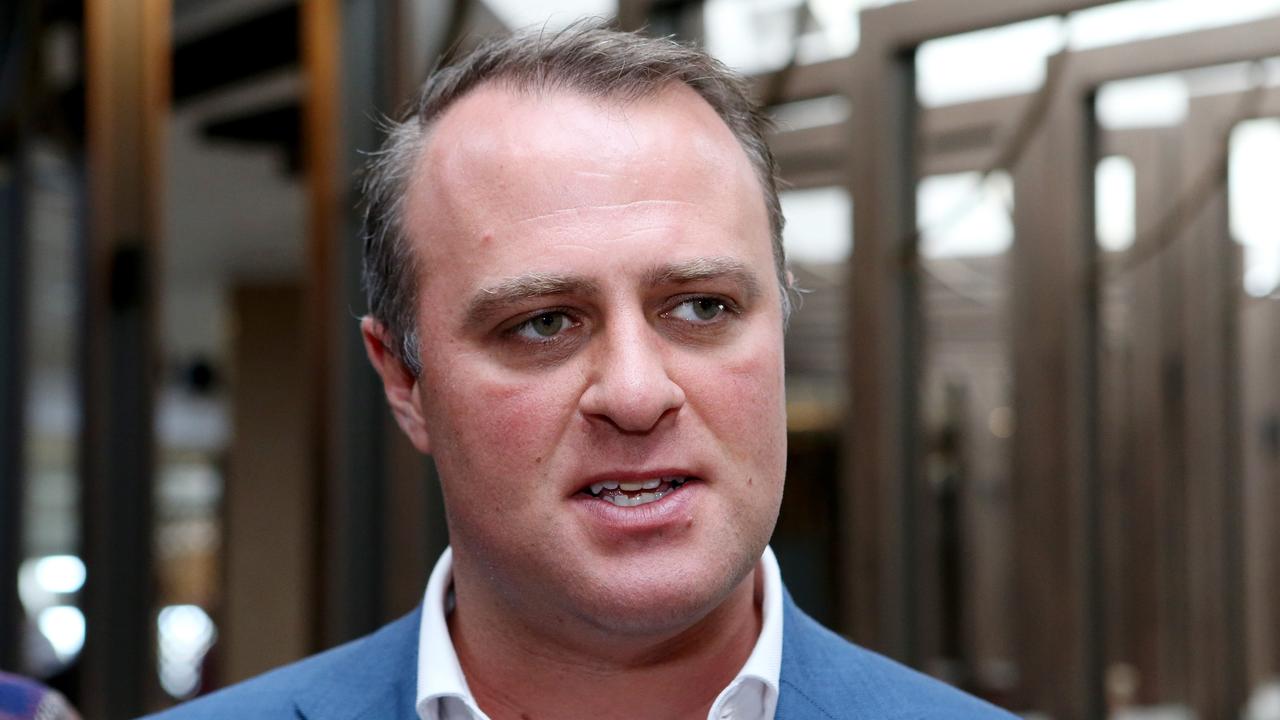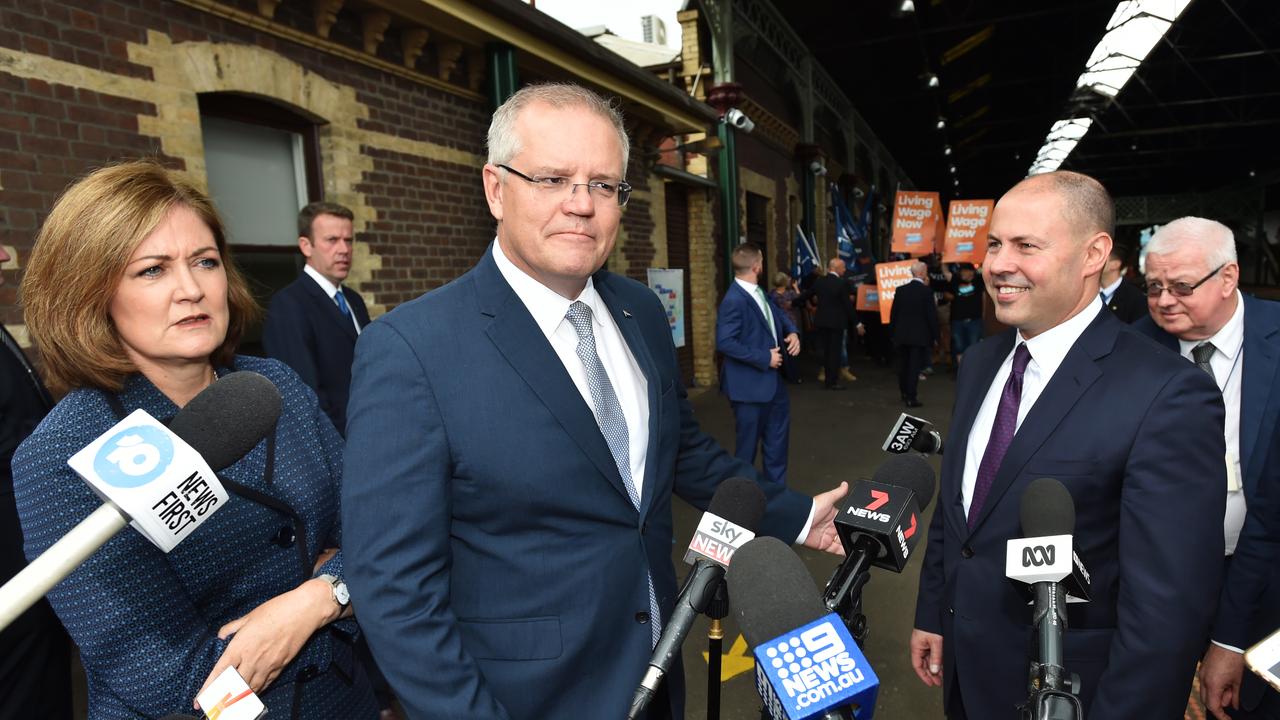Tax cuts, GST rise all part of growth recipe: IMF
The IMF has backed an increase in the GST to fund infrastructure as well as company and personal income tax cuts.
The International Monetary Fund has backed an increase in the GST to fund infrastructure as well as company and personal income tax cuts as part of a reform agenda to boost growth and help the nation cope with the end of the mining boom.
But it has warned that big banks remain exposed to a housing crash that would “hit the real economy hard’’.
In its latest assessment of Australia, the IMF urges banks to lift their capital ratios by paying lower dividends for a time to bring them into line with international norms.
The IMF called for an “ambitious reform agenda” to pull Australia’s sub-par growth rate back up to its trend rate of 3 per cent, but it acknowledged there were “few low-hanging fruit”.
“The concessional treatment of capital gains tax in real estate and the exemption of owner-occupied housing for the calculation of the Age Pension incentivises over-investment in housing and negative gearing, significantly pushing up demand and real estate prices,” it said.
The IMF played down the urgency of returning the budget to surplus, suggesting the existing budget trajectory that has pencilled in a small federal surplus around 2023 was too “front-loaded, given ample fiscal space”.
It suggested the government spend more on infrastructure to “relieve bottlenecks” and boost housing supply.
“Boosting public investment would support demand, take the pressure off monetary policy, and insure against downside risk,” it said, arguing that the commonwealth should consider guaranteeing state government debt to encourage states to invest
While forecasting no recovery in iron or coal prices from their current low levels, the IMF was nevertheless broadly optimistic about Australia’s outlook.
It anticipates a “cyclical recovery” that will see Australia’s economic growth accelerate from a disappointing 2 per cent over the year to June to 3.1 per cent by 2017. It predicts the unemployment rate will fall steadily to 5.5 per cent by 2020.




To join the conversation, please log in. Don't have an account? Register
Join the conversation, you are commenting as Logout